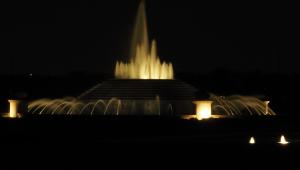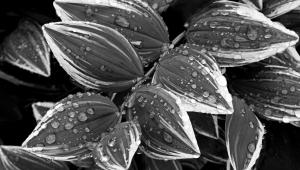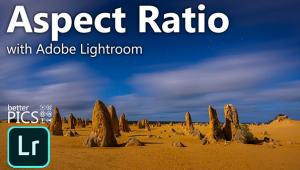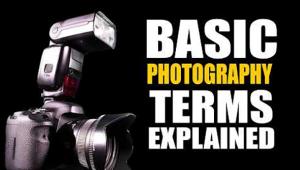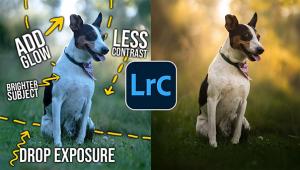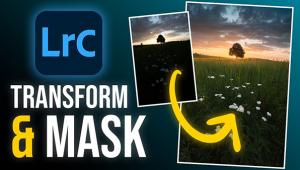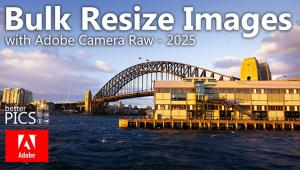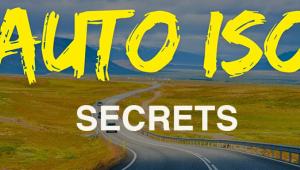JTL’s Multifunctional Meter; Ambient And Flash In One
Photographers are going to like JTL's new multifunctional meter, the LM-8. It's a compact unit that can take ambient light measurements, flash light measurements, and cine measurements, for moviemakers. With its built-in memory, it's possible to take multiple and cumulative measurements. It's a little smaller than most multifunctional units, making it easy to carry along. It not only fits into a small camera or accessory bag, it's small enough and light enough to fit into a shirt pocket. It's a unit that can be taken anywhere, without having to be worried about the added weight or bulk. Even though it's a compact unit, it's not limited in functionality.
 |
Ergonomically, it has a stylish look. All the controls are easily accessible.
Once things like the ISO, shutter speed, or flash options have been set, single-hand
operations are possible. When the meter is first turned on, the current ISO
setting is displayed. After the unit has been turned on, pressing the On/Off
switch again toggles between the aperture and the shutter speed adjustments.
The actual changes for the two settings are made with the Mode dial.
Most of the functions are controlled through the Mode dial, which has four arrow
keys and a center button. The functions of the individual arrows differ as the
Metering mode is changed. Depending upon the mode selected, the up and down
arrows control the shutter speed, film speed, and f/stop settings. The up arrow
can also be used to recall the value of a memory measurement. The down arrow
is used to average the values of multiple memory measurements. The left arrow
changes the Measuring mode. Options include Ambient light, Flash, Flash with
Cord, and Movie. Ambient light readings are available for 30 minutes to 1/8000
sec. The settings for both Flash options go from 1 second to 1/1000 sec, while
in the Cine mode, the frames per second go from 8-128. When the measuring ranges
are exceeded, an "E" with either a line on top or on the bottom
is displayed. That indicates that the measurement is either over or under the
unit's range. When the left arrow is depressed for more than 2 seconds,
the meter goes into the EV Measurement mode. The right arrow accesses Memory
functions, including writing the readings to Memory, Cumulative readings, and
a Monitor option. When the right arrow is pushed for more than 2 seconds, the
ISO speed window comes up. The ISO range extends from 3-8000.
 |
|
|
Light measurements are taken by pressing the button in the center of the Mode
dial. Up to four different measurements can be taken and stored in Memory. All
four captured readings can be displayed concurrently by pressing the up arrow.
The down arrow is then used to average the four values to come up with the best
reading. After taking a reading, the meter can be cleared by pressing the On/Off
switch.
Up to nine Cumulative readings can be taken in the Flash and Flash with Cord
modes. The Monitor setting makes it easy to determine the difference in light
values between two different objects. There's a moveable sphere diffuser
on top of the front that can be slid over or away from the silicone photo diode
measuring sensor. Reflective light readings are taken with the sensor exposed.
Sliding the sphere over the sensor turns it into an incident light meter. Measurements
can be taken with the sphere retracted, which is referred to as incident flat,
or extended, called incident sphere. Adjusting the sphere makes it possible
to control the angle of light that falls onto the sensor.





